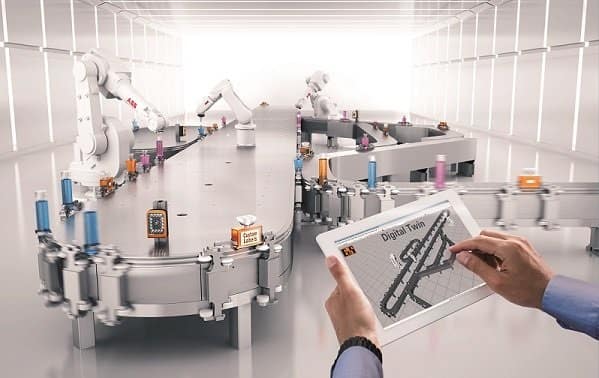Petrochemicals H2 BioPolymers Polyester 27-08-2021 - Arhive
Crude Oil Prices Trend
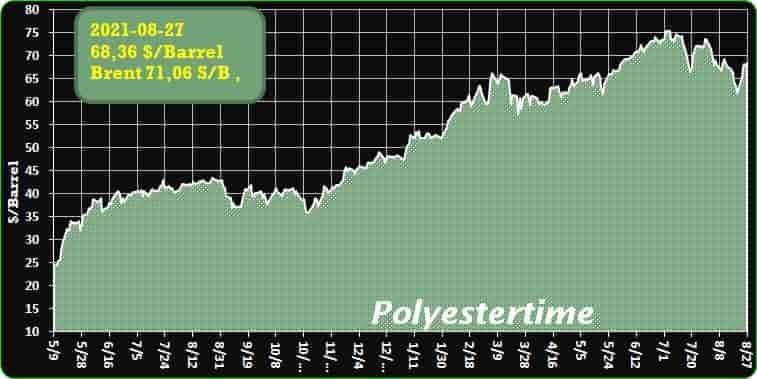
-Sumitomo Builds Pilot Plant for Chemical Recycling of Acrylic Resin
Pyrolyzing acrylic resin and regenerating it as MMA monomer will reduce greenhouse gas emissions over a product’s entire product life cycle by more than 60% compared with conventional virgin resins.
Sumitomo Chemical plans to construct a pilot facility for chemical recycling of acrylic resin (PMMA; poly-methyl-methacrylate) at its Ehime Works in Niihama City, Ehime Prefecture, Japan. The new facility is scheduled to begin pilot tests in the fall of 2022 and to start providing samples in 2023.
In parallel with this project, the company will work to develop a recycling system for PMMA, from collection of scrap acrylic resin to recycling and reprocessing into products, aiming for early commercialization of chemically recycled PMMA.
Transparent, weatherable, easy-processing acrylic resins are used in a range of applications, such as automotive tail lamp covers, electrical appliances, aquariums, outdoor signboards, liquid crystal displays, building materials, and protective partition panels to reduce the spread of droplets. Global demand for acrylic resins exceeded 1.3 million tonnes in 2020, and is expected to continue to grow steadily in the future.
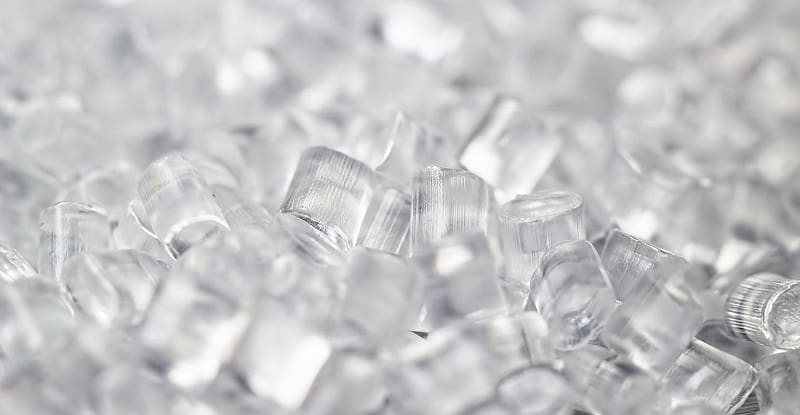
-Revenue up at biopolymers firm Avantium
Biopolymers firm Avantium increased its revenue for the first half of 2021 as it works towards the construction of a furandicarboxylic acid (FDCA) plant in the Netherlands.
Revenue for the period increased by 11 per cent to €4.7 million ($5.5m), compared with the first six months of 2020.
Other income decreased by 26 per cent to €3.3m ($3.88m) due to lower grant recognition in the first of half of 2021. Total revenues and other income were €8m ($9.4m).
Operating expenses decreased to €15.1m ($17.75m) from €15.7m ($18.45m) for the first six months of 2020. The company’s cash position improved to €43.4m ($51m) on 30 June 2021, from €26.6m ($31.25m) at 31 December 2020.
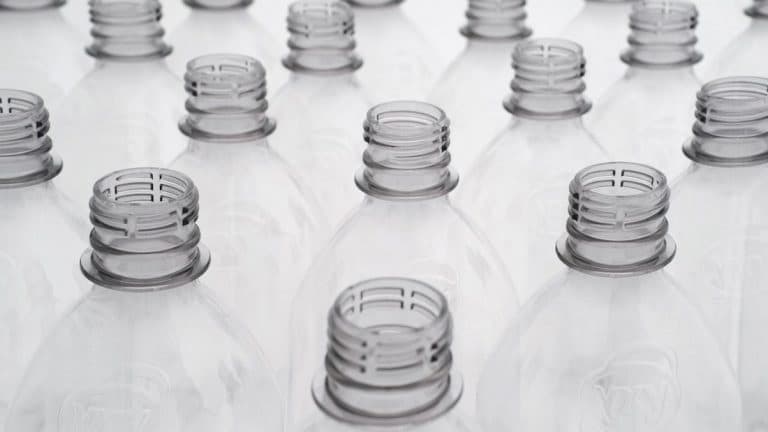
-Kautex Textron Invests in Lightweight Battery Technology in China
The long-glass-fiber-based Pentatonic battery system weighs up to 50% less than its steel and aluminum counterparts.
Kautex Textron GmbH & Co. KG plans to expand production capabilities at its plant in Pinghu, China, with the recent purchase of a direct-long-fiber thermoplastic molding line including a 5,500-tonne press. The line will produce Kautex’s latest automotive innovation, the Pentatonic battery system.
Pentatonic is a lightweight, customizable battery system for hybrid and full-electric vehicles. Manufactured from thermoplastic composites or composite-metal hybrid materials, it weighs up to 50% less than its steel and aluminum counterparts.
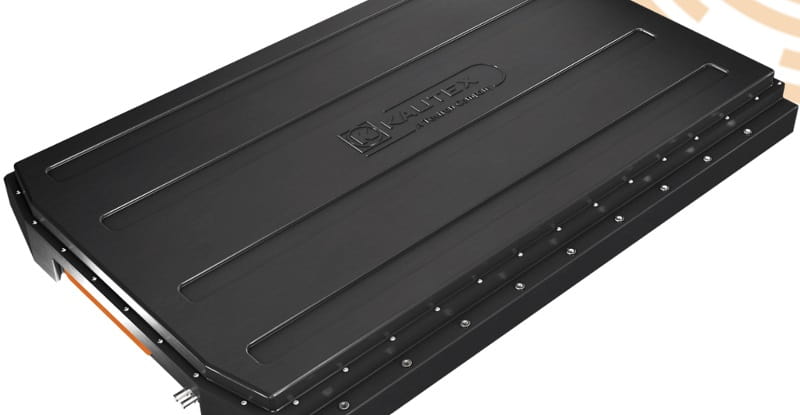
-Britvic moves to 100% recycled plastic bottles
Robinsons, Lipton Ice Tea and drench 500ml bottles are moving to 100% recycled plastic (rPET).
The 500ml on-the-go bottles are the first to use recycled plastic from a new rPET manufacturing facility in North Yorkshire.
The facility, built by Esterform Packaging Limited following Britvic’s £5m investment support in 2019, is powered by 100% renewable energy and provides Britvic with a secure supply of quality food-grade rPET in the UK.
Mark Tyne, Esterform’s Managing Director, said: “Our £20 million project to produce 42,000 tonnes of recycled food grade PET could not have got off the ground without Britvic’s support and we look forward to working together to rollout recycled PET usage across Britvic’s portfolio.”
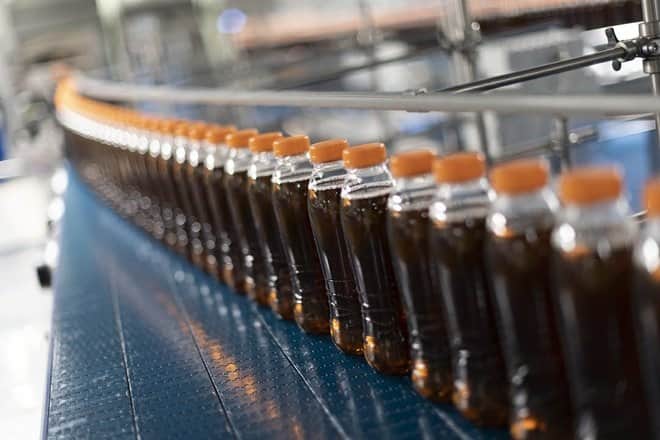
-BIO-Fed’s bioplastic grade – suitable for medium stiffness applications, e.g. closures
As a branch of AKRO-PLASTIC GmbH, BIO-FED is the specialist for innovative and application-oriented biocompounds. The product portfolio of biodegradable and/or biobased compounds under the trade name M·VERA® is constantly being expanded with new products. Depending on the requirements profile, these compounds are either biodegradable in various environments or suitable for long-term use – and completely or partially made from renewable raw materials.
BIO-FED supplies a wide range of M∙VERA® compounds for injection moulding. This broadly diversified portfolio contains high shares of renewable content range from 50 to almost 100 %. These materials are PLA-, PBAT- or PHA-based and certified according to standards provided by TÜV AUSTRIA Belgium.
The new M·VERA® GP1045 has been specially designed for injection moulding applications. It consists primarily of renewable resources and is home compostable. It is particularly suitable for applications requiring medium stiffness (tensile modulus 2,000 MPa) and can therefore be used for a wide range of household articles, toys, packaging, coffee capsules, etc.
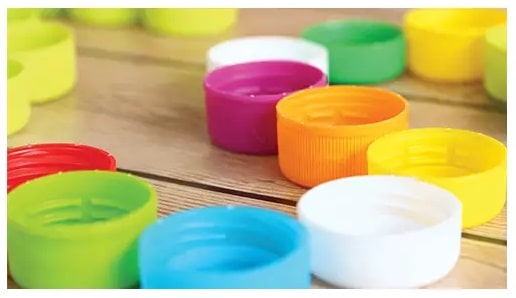
Circularity, when clothes are returned to the earth after use, is fashion’s latest sustainability bid. But the path is paved with hurdles
Please use the sharing tools found via the share button at the top or side of articles. Copying articles to share with others is a breach of FT.com T&Cs and Copyright Policy. Email licensing@ft.com to buy additional rights. Subscribers may share up to 10 or 20 articles per month using the gift article service. More information can be found at https://www.ft.com/tour.
Talk of a circular fashion economy is everywhere, from the runways of fashion week to the hallways of the United Nations. The concept that has everyone buzzing is simple: instead of extracting natural resources, turning them into clothes, and then throwing them away when we’re done, a circular model involves not only minimising the resources used in making those clothes but also creating them in such a way that at the end of their lives they can be either reused or rejoin the natural environment seamlessly.
Céline Semaan, a co-founder of climate and culture non-profit Slow Factory, articulates the stakes well. “Everything you make returns to the earth as food or as poison,” she says. Circularity is rooted in trying to embrace the former.

-Knowde Launches Sourcing Platform for Plastic Packaging Materials
Users can search, filter, request samples and quotes, and purchase everything from raw materials to compounds on a single platform.
Knowde, an online marketplace for ingredients, polymers, and chemistry, announced the launch of the plastics for packaging segment of its global platform. Specifiers, converters, compounders, and buyers can search, filter, collaborate, request samples and quotes, and purchase everything from raw materials to compounded products in one place.
Knowde’s plastics for packaging segment compiles an array of vinyl polymers, polyolefins, polyamides, styrenics, polyesters and copolyesters, and pigments and colorants from hundreds of companies, including DuPont, Mitsubishi Chemical, AdvanSix, Sasol, Invista, and Vynova.
“From protecting the food that we eat to creating tamper-proof safeguards for medical and pharmaceutical applications, plastic packaging materials play a vital role in the production of the bottles, bags, shrink wrap, stretch film, blister packs, and clamshells that consumers use every day,” said Dan Haas, Chief Commercial Officer at San Jose, CA–based Knowde. “Plastic is often considered to be the most recyclable, sustainable alternative among packaging material options.”
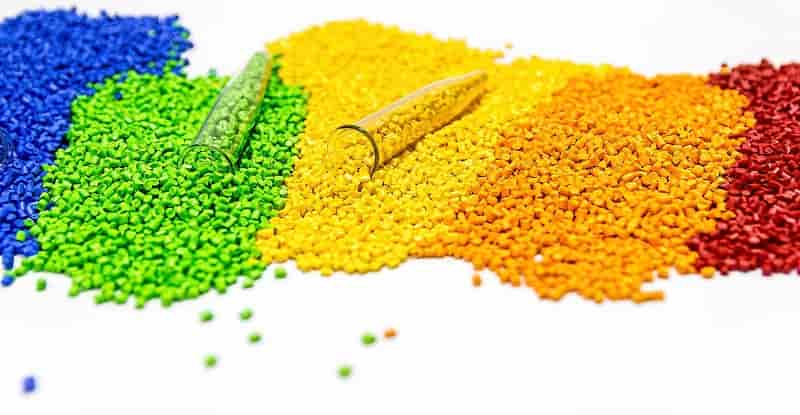
-Berlin Packaging acquires the Juvasa Group
Hybrid packaging supplier Berlin Packaging has acquired the Juvasa Group, a group of companies focused on the supply of glass, plastic, and metal packaging for the food and beverage industry.
Founded in 1987, the family-owned business began when the founder, Juan Valle Santos, needed to source glass jars to market his honey. Today, the Juvasa Group is led by Jesús Valle Sánchez, the founder’s son, and is a leading supplier of bottles and jars for olive oil, wine, spirits, sauces, vegetable preserves, honey, and more.
Based in Sevilla, Spain, and with locations throughout Spain, Portugal, and the Canary Islands, the Juvasa Group has an extensive commercial presence and logistical capabilities. The Juvasa Group also offers custom packaging design services through Avanza Packaging, its in-house design studio, and has a robust online store at juvasa.com.
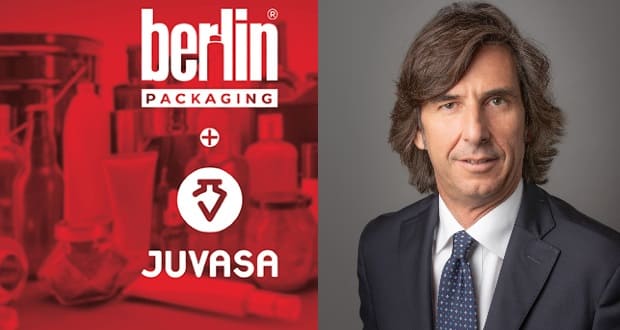
Norway’s Naukatek is currently planning to launch an entirely new product range of high performance materials based on meltblown nonwovens, according to the latest INDEX 2020 exhibition newsletter.
One of the most intriguing companies to emerge during the era of Covid-19, Naukatek AS was founded by nanotechnologist Liudmila Ilyukhina, polymer production specialist Ilya Gorelkin and serial entrepreneur Stein Inge Haaland in March 2020, in direct response to the pandemic.
Its goal was to make Norway self-sufficient in the critical meltblown filter material it needed for facemasks for the country’s healthcare workers and the new company moved fast – if a little too fast for the country’s government.
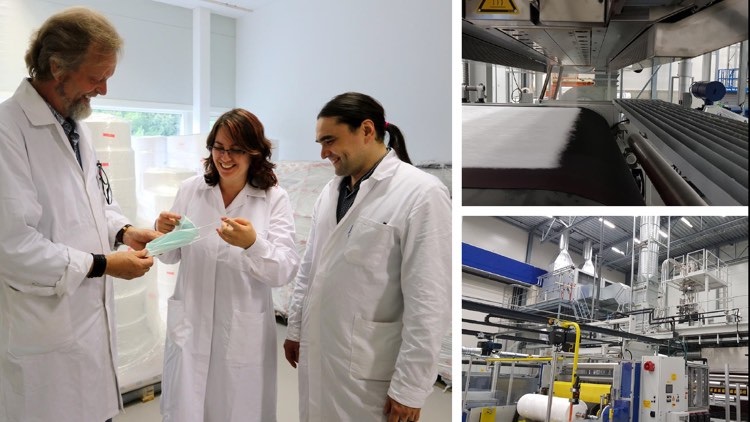
-Automation of packaging – to spread its magic
The balancing act – customization and profitability
Customers and OEMs can design and test their machines and workflows virtually using B&R hardware and software modules and by creating Digital Twins.
The packaging industry has seen a revolutionary transformation that was unimaginable a decade ago. Over the years, the industry has seen packaging goods in immeasurable sizes and varied shapes. There is no doubt that good packaging attracts customers. However, packaging should spread its magic by being interactive. It should tell something precise about the product inside and about the brand that manufactured it. The personalized
the connection between brand and consumer has been driving packing design for years.
Customization and individualization have always had an enormous share of the packaging industry. Traditional packaging companies have maintained profitability by generating products on a massive scale. The equation has long been a simple one – keep costs low by accepting only large volume orders.
Automation and robotics over the years have been instrumental in providing cutting-edge technology to packaging solutions. With the latest industrial revolution, packaging is expected to receive a fillip by building its networked value.
Mass customization and personalized packaging
Today, with ever-changing consumer demands, there is a clear need for sustainability and cost-effective packaging machines. The major challenge for machine builders is to manufacture batch sizes of one economically, improve overall equipment effectiveness (OEE), and reduce unplanned downtime.
